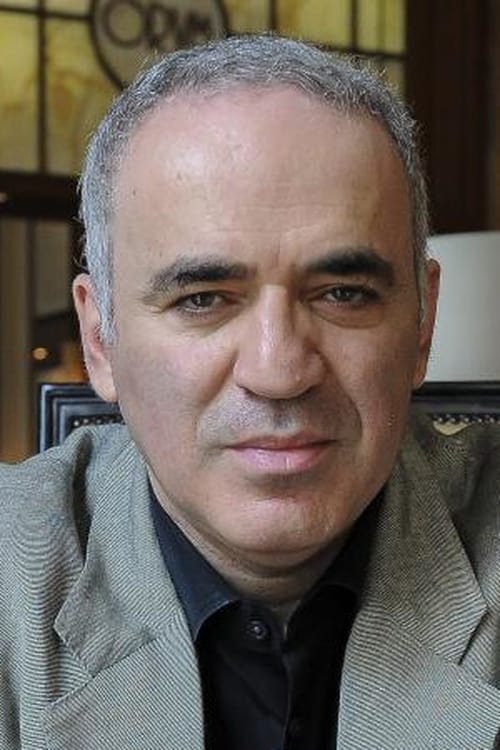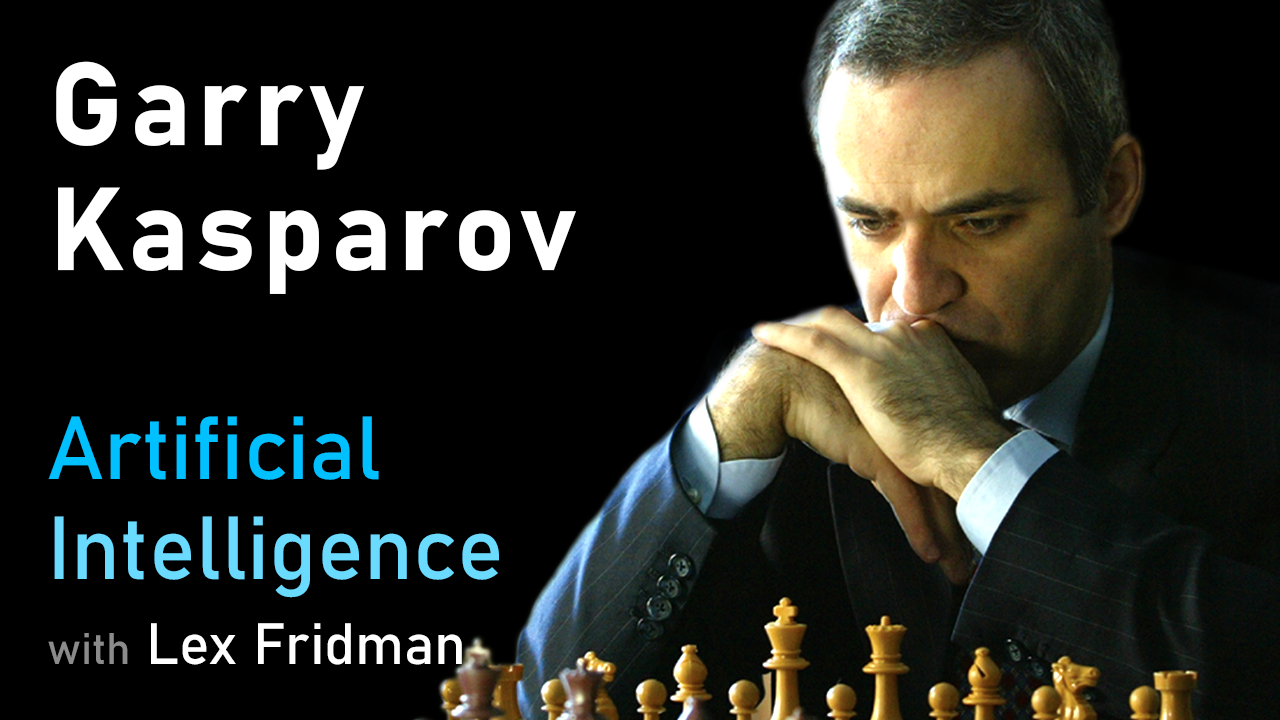Garry Kasparov, often regarded as one of the greatest chess players of all time, has left an indelible mark on the game, both on and off the board. His legacy extends beyond his impressive record and passionate rivalry with Anatoly Karpov; it encompasses his influence on a new generation of chess players around the globe. In this article, we will explore how Kasparov’s contributions to chess have inspired countless individuals, examined his role as an educator and promoter of the game, and highlighted the ongoing impact of his philosophies.
The Rise of a Chess Icon

Born on April 13, 1963, in Baku, Azerbaijan, Garry Kasparov exhibited prodigious talent from a young age. By the age of 22, he became the youngest World Chess Champion in history after defeating Anatoly Karpov in 1985. His aggressive playing style, deep understanding of strategy, and psychological tactics revolutionized the game and set new standards for future players.
Kasparov’s legacy is characterized by several key milestones:
- World Champion: Dominated the chess world for 15 years, holding the title until 2000.
- Innovator: Introduced new strategies and opening theories that are still studied today.
- Political Activism: Used his platform to advocate for democracy and human rights, particularly in Russia.
Transforming Chess into a Global Phenomenon
One of Kasparov’s most notable contributions to chess is his role in popularizing the game worldwide. In the late 20th century, chess began to lose its appeal in various regions, but Kasparov’s charismatic personality and strategic genius brought new interest to the sport.
He has been instrumental in several initiatives aimed at promoting chess, including:
- Chess Education: Kasparov established the Kasparov Chess Foundation, which focuses on improving chess education in schools. The foundation has helped introduce chess curricula in numerous educational institutions.
- Chess and Technology: His matches against IBM’s Deep Blue in the 1990s brought chess into the digital age, inspiring a new wave of interest in computational chess and artificial intelligence.
- Chess Events: Kasparov has organized and participated in numerous high-profile tournaments, bringing media attention and sponsorship to the game.
Inspiring Young Players Through Education
Kasparov has dedicated a significant part of his life to nurturing young chess talent. His belief in the educational benefits of chess has led him to advocate for its inclusion in school curricula worldwide. Through various programs, he has reached and inspired thousands of young players.
Some of the educational initiatives led by Kasparov include:
- Workshops and Seminars: Regularly conducts classes and workshops for aspiring players, focusing on both technical skills and strategic thinking.
- Online Platforms: Launched online courses that make chess accessible to a global audience, catering to different skill levels.
- Mentorship Programs: Actively mentors young chess players, providing guidance and strategies to help them excel in competitions.
Case Studies: The Rise of Young Chess Stars
Kasparov’s influence can be seen in the successes of many young chess players today. Players like Magnus Carlsen, Hou Yifan, and Alireza Firouzja have cited Kasparov as an inspiration in their journeys to the top. Here are a few examples:
- Magnus Carlsen: The reigning World Chess Champion has often spoken about the impact Kasparov had on his development as a player. Carlsen’s dynamic style and strategic depth echo Kasparov’s influence.
- Hou Yifan: As one of the strongest female chess players in history, Hou Yifan credits Kasparov for inspiring her to pursue chess at a high level and for advocating for more female participation in the game.
- Alireza Firouzja: The young Iranian-French chess prodigy has expressed admiration for Kasparov’s aggressive playing style and strategic insights, often analyzing Kasparov’s games for inspiration.
The Role of Media and Technology in Chess Promotion
In the digital age, Kasparov’s vision of chess has evolved alongside technology. He has embraced various media platforms to reach new audiences:
- Streaming Platforms: Kasparov has participated in online broadcasts and live-streamed matches, making chess more accessible to younger audiences.
- Social Media: His active presence on platforms like Twitter and YouTube allows him to engage with fans and share insights, strategies, and analyses.
- Chess Apps: Collaborated with developers to create educational chess applications that cater to different age groups and skill levels, further democratizing the game.
Challenges and Controversies
While Kasparov’s legacy is overwhelmingly positive, it is not without its challenges and controversies. His outspoken nature, particularly in political matters, has led to conflicts with Russian authorities and critics alike. This has, in some instances, overshadowed his chess achievements and has led to debates about the intersection of politics and sports.
Despite these challenges, Kasparov’s resilience and commitment to his principles have earned him respect beyond the chess world. He has become a symbol of intellectual courage, proving that chess is not merely a game but a platform for discourse and change.
Conclusion: The Enduring Impact of Garry Kasparov

Garry Kasparov’s legacy as a chess player, educator, and advocate for the game continues to inspire a new generation of players worldwide. His pioneering contributions to chess education, promotion of the game through technology, and mentorship of young talents have transformed chess into a vibrant and accessible pursuit for millions.
As we look to the future, the principles and philosophies that Kasparov embodies will undoubtedly continue to shape the chess landscape. His impact is felt not only in tournament halls but also in classrooms, online platforms, and homes around the world. As chess continues to evolve, the spirit of Garry Kasparov will remain a guiding light for aspiring players, encouraging them to think critically, strategize boldly, and embrace the timeless pursuit of excellence.
